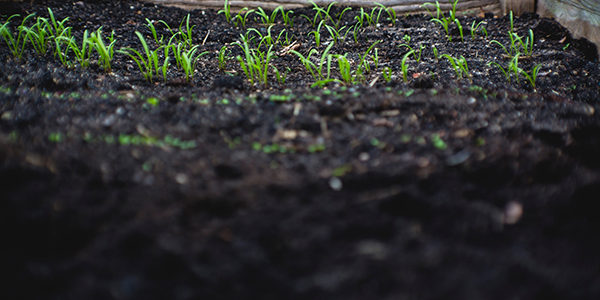This week I read a fascinating article that is really about so much more than what I will highlight from it, but one of the main points were that ‘conscious thought’ is really the exception to mind-wandering. We spend most of our time not really reflecting all too much about the moment and not really making all that deliberate decisions, and it got me thinking about something that I have been reflecting upon quite a bit the last year and a half: intuition.
Intuition is really a funny thing to reflect about because it is often put in contrast to analytical, deliberate thinking. Intuition is that gut feeling, the things you feel you know, but that you cannot really express properly. Therefore, it is quite ironic to be very deliberate or analytical about intuition. Nonetheless, I will argue that it has helped me tremendously to do so, and because of it I have started to trust my intuition more.
There are several reasons why I have made this choice, and I have no clue if it is accurate neuroscience, but most of our neurons are not in the cortex, about 19% I believe, and what we consider conscious thought is happening in the prefrontal cortex in the frontal lobe. To me, this suggests that when our neurons are firing in our brain, most of it is happening outside the conscious part of our brain, and therefore I believe that most of what we know lurks in the subconscious, and it guides our deliberate decision-making via signals that we experience as feelings, and in particular that ‘gut feeling’, our intuition. I think our ability to express ourselves and our ability to understand things are vastly disconnected. We can understand things in an instant that are so complex that we cannot entirely grasp or express what it is that we understand.
As outlined in the beginning of the post, we are slipping in and out of conscious thought, but most of the time our minds are wandering. To me, that means that guiding our intuition in our moments of conscious thought is very helpful because most decisions we make are literally intuitive because we do not think too much about them. That, for example, is what I do through a deliberate reflection practice of journaling.
However, another really important reason is directly related to how I feel about trusting my intuition more. I feel that my self-esteem is building when I trust my intuition, and I think it has to do with first of all not worrying about my every decision I make, which is really just a relief for someone like me who enjoys being very deliberate, having control and searching for the best solutions.
Another aspect of it, though, is that when I trust my intuition, I make decisions that are true to who I am and what I believe. Sometimes my intuition was misguided because my model of the world was incorrect, and in those cases I learn and adapt, but most of the time my intuitive decisions both feel right and make me happier. It has been a true improvement in my life, and it continues to help me live a more authentic life as I become better at trusting my gut and living an authentic life.
Caveat, don’t always trust your intuition. There is always a balance to things, and while I am not a psychologist, I have read articles that speak to the fallacies of our intuition, e.g. when we are depressed, we probably should not trust our intuition all the time. I don’t want to give out any false recommendations as I am no expert, and I do encourage you to seek professional help if you feel troubled. I am just sharing my experiences to let you know what has worked for me, and what has not.

